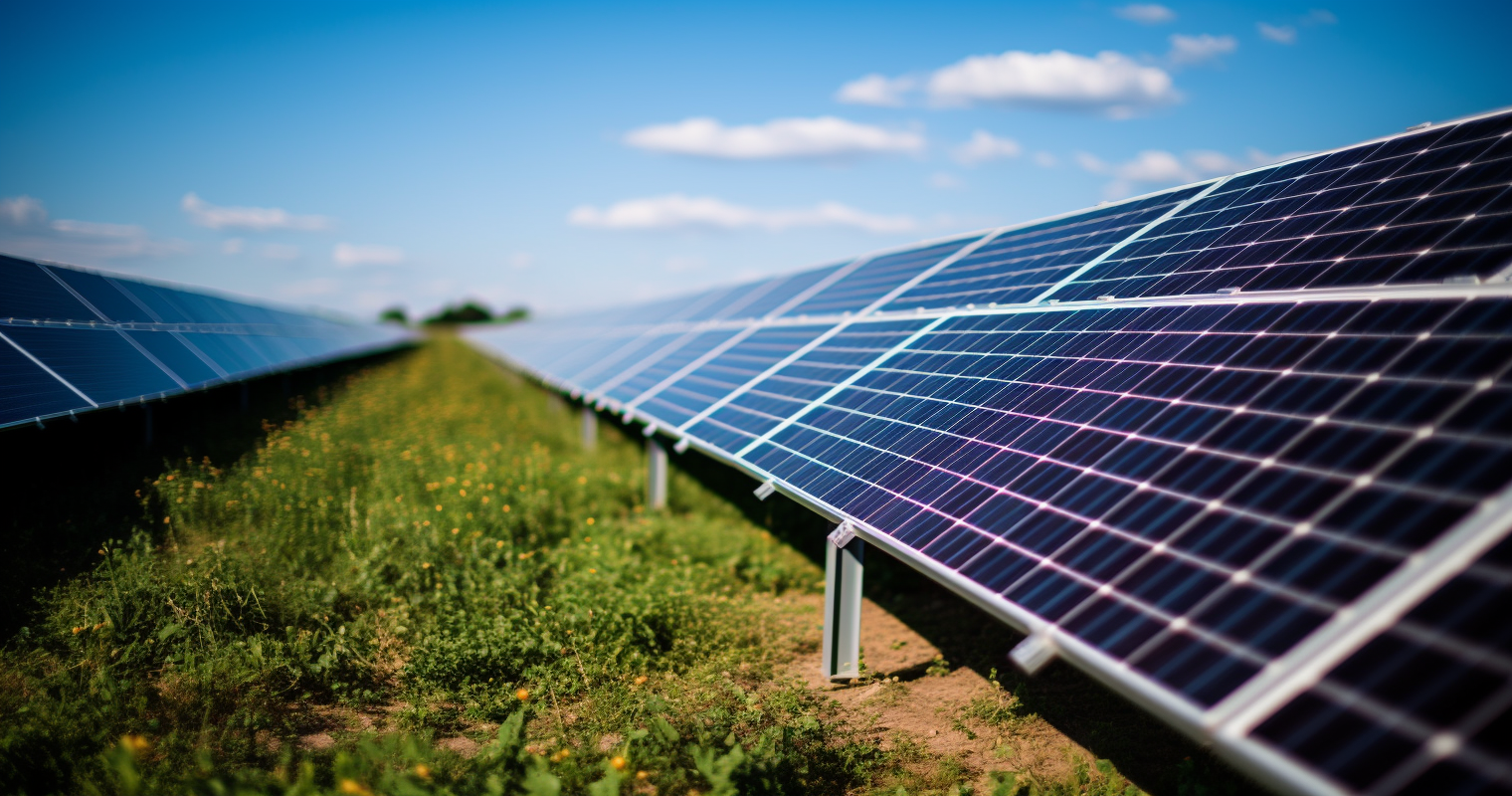Belgium, known for its rich history, diverse culture, and high quality of life, is also a country that places a significant emphasis on sustainability and environmental consciousness. For expats who are looking to maintain or adopt a greener lifestyle, Belgium offers a variety of opportunities to do so. This guide will outline the key aspects of green living in Belgium, from public transportation and waste management to sustainable housing and local, organic food.
Embracing Public Transportation and Cycling Culture
At the heart of Belgium’s eco-consciousness lies an impressive and efficient public transportation system. Comprising trains, trams, and buses, the system extends to even the smallest villages, allowing residents to significantly minimize their carbon footprint and contribute to a sustainable Belgium.
Of particular note is the Belgian rail network. With its regular, dependable services, the network ensures seamless access to every nook and corner of the country, making it a viable and green alternative to driving.
Belgium, more specifically its urban centers like Brussels and Antwerp, is also synonymous with a robust cycling culture. The provision of dedicated cycling lanes, extensive bike-sharing programs, and secure bicycle parking facilities promote cycling as a convenient, healthful, and eco-friendly mode of transportation. To learn more about Belgium’s public transportation and cycling culture, visit the official Belgian rail website and the Villo! bike-sharing program website.
Efficient Waste Management and Recycling
Belgium stands out for its exceptional waste management and recycling practices, boasting one of the world’s highest waste recycling rates. The country follows strict regulations concerning waste separation and disposal. Waste collection is organized meticulously, with specific types of waste being collected on designated days.
Belgian municipalities facilitate their residents’ adherence to recycling norms by providing them with specific bins for sorting glass, paper, and plastic waste. Local container parks accept a broad spectrum of materials for recycling, including electronics, batteries, and garden waste. These efforts play a significant role in promoting a sustainable and eco-conscious lifestyle in Belgium.
For more details on Belgium’s waste management and recycling practices, refer to the official website of Fost Plus, the organization that leads the promotion, coordination, and financing of household packaging waste’s selective collection, sorting, and recycling in Belgium.
Sustainable Housing and Energy Use
In Belgium, a growing focus on sustainability is evident in the housing sector. Both new builds and renovated homes often incorporate features designed to enhance sustainability, such as high-quality insulation, solar panels, and energy-efficient appliances.
The Belgian government encourages this trend by offering a variety of grants and tax incentives to homeowners who invest in energy-saving measures. Such initiatives have not only contributed to more sustainable households but also fostered a greener energy sector in the country.
Belgium’s electricity mix is gradually turning greener, with a steadily increasing proportion derived from renewable sources such as wind and solar power. To learn more about sustainable housing and energy use in Belgium, visit the energy portal of the Federal Public Service (FPS) Economy.
Local, Organic Food
Belgium’s culinary scene is renowned for its emphasis on quality, a trait that extends to locally sourced and organic foods. Many Belgian towns host weekly markets where vendors sell a range of locally-grown products, including fruits, vegetables, and other staples. Organic food stores have also seen a rise in popularity, providing a broad selection of eco-friendly products.
To find out more about organic food stores and markets in your area, refer to the BioMio Organic Directory or the Belgian market associationwebsite.
Green Spaces and Nature Conservation
Belgium is a veritable paradise for nature enthusiasts, boasting an array of picturesque green spaces ranging from lush forests and expansive parks to protected nature reserves. These spaces serve not only as havens for diverse fauna and flora but also provide ample opportunities for outdoor activities like hiking, cycling, bird watching, and more.
The country’s commitment to nature conservation is demonstrated by the meticulous maintenance of its hiking trails and the implementation of various nature education programs. These programs aim to educate the public about the importance of biodiversity and the steps everyone can take to preserve the natural environment. They include guided tours, workshops, and interactive exhibitions, often organized by local nature reserves or environmental organizations.
expats can actively contribute to these conservation efforts by volunteering at local nature reserves, participating in clean-up events, or joining local nature conservation groups. These groups often conduct activities such as tree planting, invasive species removal, and biodiversity surveys, providing an excellent opportunity for expats to get involved in local communities and contribute to a greener Belgium.
Belgium also has several national parks such as Hoge Kempen National Park, which is known for its heathland landscapes, and Walloon Forest, famous for its diverse ecosystems. The country’s protected nature reserves also play a crucial role in preserving endangered species and their habitats.
For more information on green spaces and nature conservation activities in Belgium, visit the website of Natagora, a leading nature conservation organization in the country. For opportunities to volunteer or to learn more about Belgium’s national parks and nature reserves, check out the Belgium Nature Network and the Royal Belgian Institute of Natural Sciences websites. You can also consult your local municipality for information on nature activities and green spaces in your specific area.
Conclusion
Adopting a green lifestyle in Belgium can be a rewarding experience that not only reduces your environmental impact but also enriches your life as an expat. By utilizing the resources provided, you can contribute to Belgium’s efforts towards sustainability and enjoy a high quality of life.

